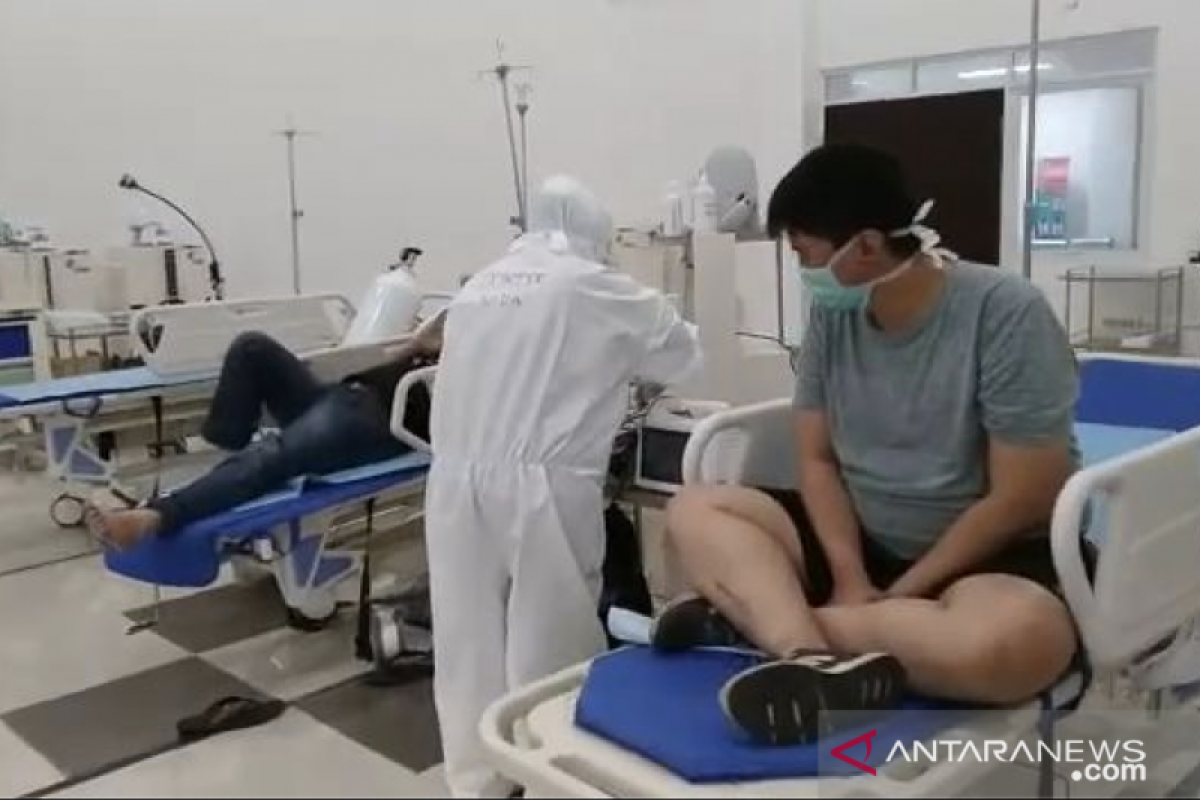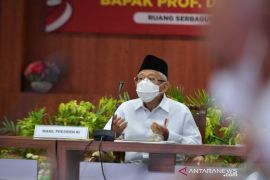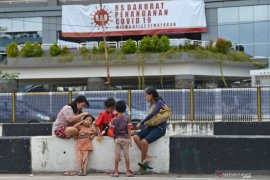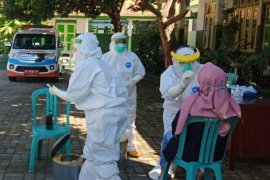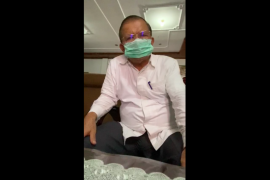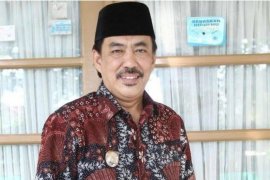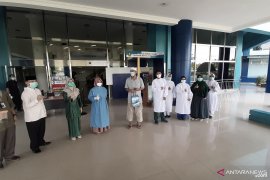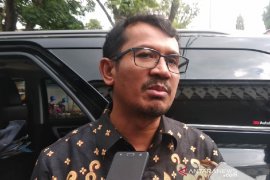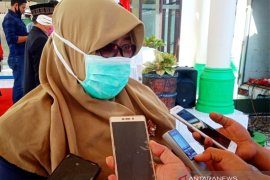We are fine here, food is always served, we have protective gear, and drinks. We do our best, please don't spread false newsJakarta (ANTARA) - "On this virus, I think we're in the middle of a massive experiment worldwide and the experiment is: will people listen to scientists? In this case, (they) refer to medical professionals. Are you washing your hands? Are you taking these precautions? These are warnings offered by scientists. [...] It would be interesting if we all paid attention to what scientists say. Maybe then the coronavirus will just blow on by with minimum cases. [...] That would be... it's an interesting experiment we're in," Neil deGrasse Tyson, the world's most renowned astrophysicist, said while sharing his views on the current COVID-19 pandemic in a late night show hosted by Stephen Colbert last month.
Although deGrasse Tyson is not a virologist or epidemiologist, he shared a view that most people might agree with: during a pandemic, advice worth listening to might not come from politicians or businessmen, but from medical professionals working on the frontlines of the battle against the coronavirus.
The novel coronavirus disease, or COVID-19, first emerged in Wuhan, a capital city of Hubei Province, China around November last year. In the past few months, the virus has infected 1,610,909 people in more than 200 countries, according to the latest figures provided by the UN's World Health Organization on its official website. Of the total number, 99,690 have died of the disease.
Indonesia, a country with a population of 264 million, has confirmed 3,842 cases and 327 deaths. The casualties include 19 doctors and at least over 10 nurses.
With thousands of positive cases and a growing number of deaths, there is no doubt that people have begun to feel anxious.
Amid the uncertainty surrounding the pandemic, many health workers in the country have been trying to ease people's fears by uploading pictures and messages on social media platforms, such as Twitter and Instagram. Medical workers at the forefront of COVID-19 efforts are trying to show a clear picture of the situation on ground, which may be less frightening than what people imagine.
Stories from front-liners
On her personal Instagram account, Dr. Debryna Dewi Lumanauw, a doctor serving at the emergency hospital for COVID-19 in Wisma Atlet Jakarta, posted a series of pictures of her 14-day experience treating coronavirus patients.
From the pictures and messages she has posted on her personal account, the struggle to avoid getting infected while treating patients is evident. However, the key to fighting the disease is to remain vigilant and follow procedures at all times.
Some of the procedures include wearing layers of protective gear, including a gown, two pairs of gloves, two medical masks, a surgical cap, goggle, and a pair of boots. "We put tape all over our protective gear, (because) we're not letting any open holes in our suit," she wrote in one of her Instagram posts.
During their shift, which is at least nine hours long, all medical workers, who are all wearing protective gear, are not allowed to eat, drink, or take a toilet break as protective equipment have become scarce due to high demand in most countries.
"We don't want to waste resources, so we tell ourselves to only wear a single set of APD (protective gears) in each shift," she added.
After clocking out of the shift, she published a series of videos on cleansing procedures. "We always keep in mind the importance of disinfecting. You may have complete protective gear, but if you fail to maintain the habit (of disinfecting), it (the result) would be just the same," she noted in her Instagram post.
According to her, the pictures and messages she has posted aim to show to people that all medical workers are putting in their best effort, resources, and time "for everyone's sake". Therefore, she urged people to remain at home and be mindful of the importance of basic hygiene, which includes washing hands regularly.
Another doctor working at the emergency hospital, Jati Perdana Putra, has also shared videos, pictures, and personal notes while serving at the facility for 14 days. In his personal blog, he said, the least people can do to help medical staff is to remain at home amid the pandemic.
"It doesn't matter (you think) when you feel healthy, so you hangout with your friends. I beg you to stop, help us (by staying at home). It's not hard (to help medical workers), please don't go outside, don't hangout in a large group, keep your distance (from others), and be mindful of your basic hygiene," he remarked.
In his personal blog, Perdana shared stories working at the emergency hospital, while expressing concern over false news spread online about doctors being treated poorly.
"We are fine here, food is always served, we have protective gear, and drinks. We do our best, please don't spread false news,” Perdana said.
After serving for 14 days in the emergency room, Lumanauw and Perdana are required to take a mandatory break. Moreover, before returning home, they and all staff at the emergency hospital have to undergo a 14-day self-quarantine to avoid the risk of spreading the virus to other people.
As the battle against the coronavirus rages, the two doctors have raised hopes and offered simple advice to people: stay at home as it may not only save lives, but also ease the burden on front-line medical workers.
Related news: Reporting on COVID-19: Journalists torn between caution, duty
Related news: Ojek taxi driver is on the road amid Jakarta lockdown
Related news: Ensuring health and safety of supermarket workers
Editor: Gusti Nur Cahya Aryani
Copyright © ANTARA 2020
